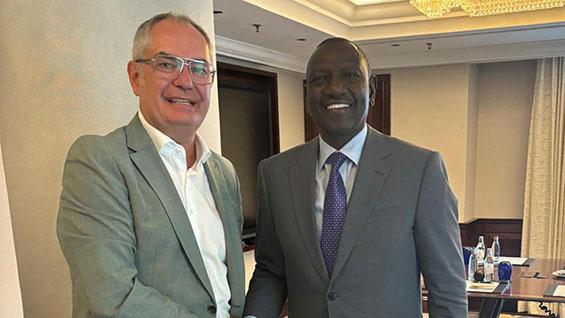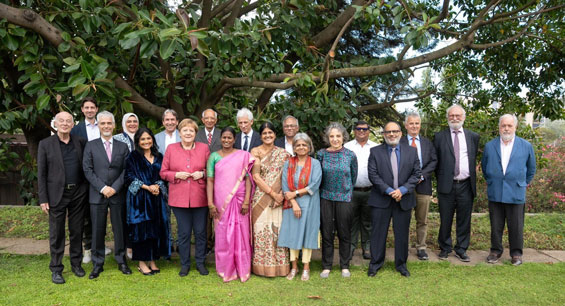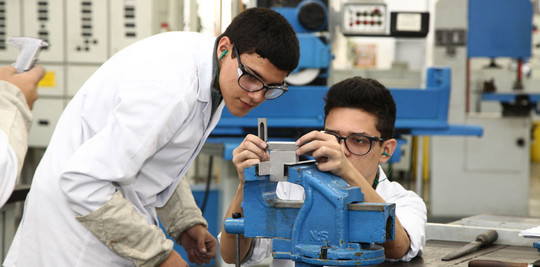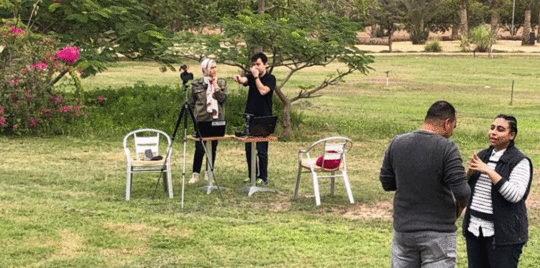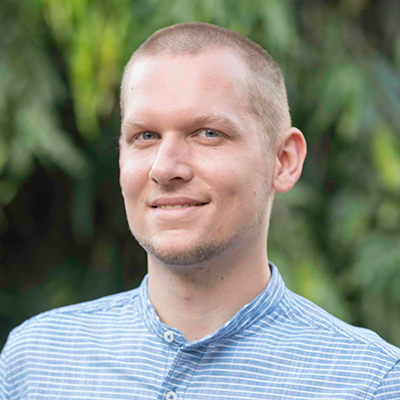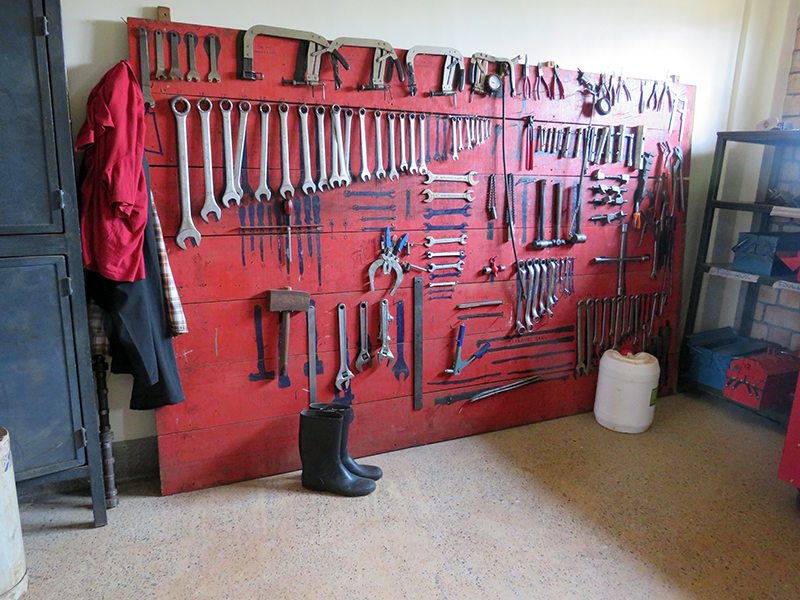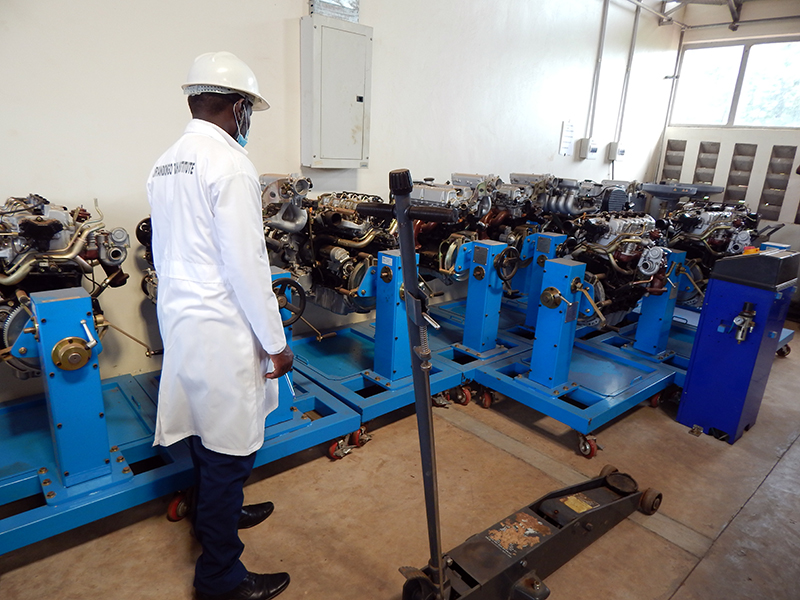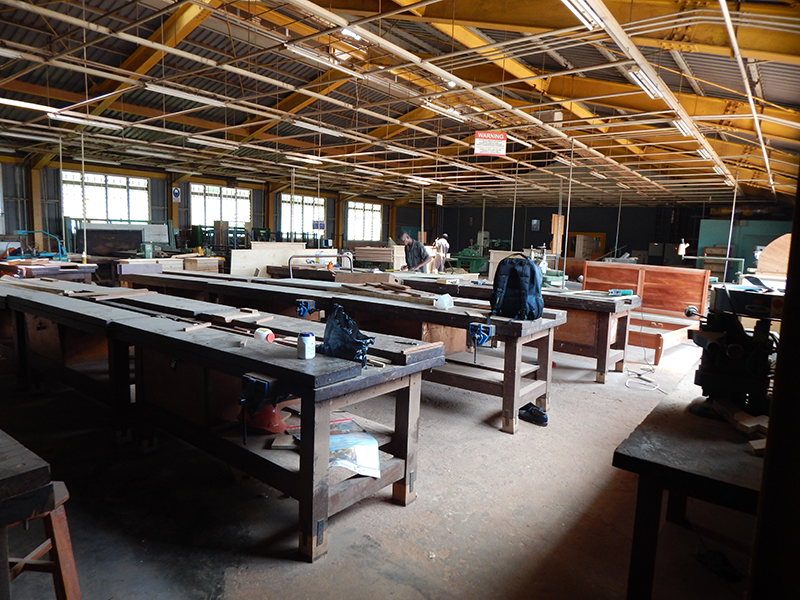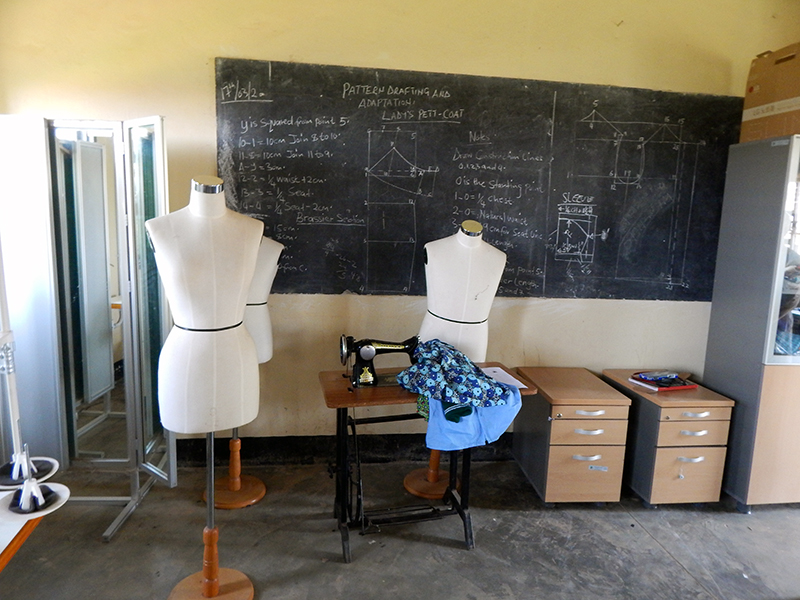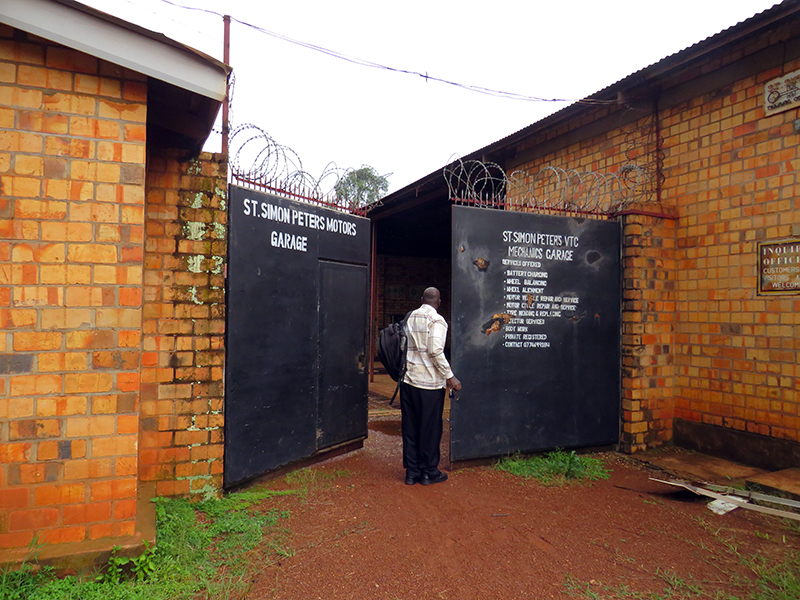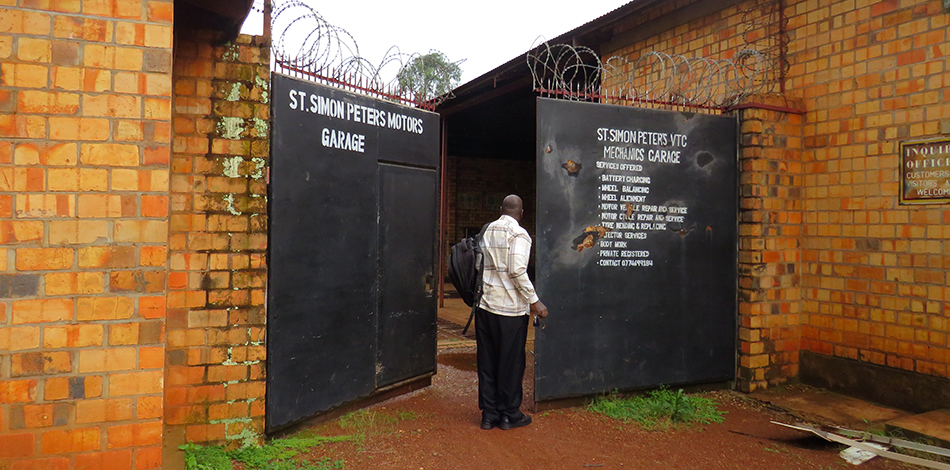
2400 refugees and Ugandan young people will be trained in vocational orientation courses, of which 40% are supposed to be women
Competences
Profiling/ competence assessment/ career guidance, Further education/ HR development, Labor market policyServices
TrainingsProject start
Regions
Africa
Operating Company
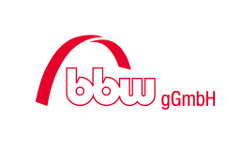
A new start through vocational orientation in Uganda
A new start through vocational orientation in Uganda
bbw promotes livelihood improvements of Ugandan youths and inner-African refugees in Uganda via vocational training
At three vocational training centres in Uganda (Nakawa VTC, Kiryandongo TI, St. Simon Peter's VTC), bbw supports courses for vocational orientation and basic training in crafts and service occupations within the framework of UREPP (Uganda Refugee Employment Promotion Project). Using the tried and tested components of the BINA approach (competence analysis, vocational preparation courses, labour market integration, training for trainers), supplemented by support for business start-ups, the project aims to significantly improve the livelihood situation of the participants.
New perspectives for refugees and Ugandan youths
Few countries in the world currently receive as many refugees as Uganda. Currently, over 1.5 million refugees are living in Uganda. Despite Uganda's liberal refugee policy, the situation is precarious, as there are often very limited prospects to make a living due to a lack of training. UREPP therefore aims to improve the situation of refugees and young people from the host communities through vocational orientation and basic courses and thus prepare the participants for further training, employment or starting their own small business.
Supporting women
The majority of refugees in Uganda are women and children. Due to their social status, often poor education and wide-ranging family responsibilities, women are far more vulnerable to negative consequences of flight. A central objective of the project is therefore to promote women through the programme components and business start-up support.
In addition to the traditionally female dominated professions in Uganda, such as catering, cosmetics or sewing, the project also aims to make it easier for women to enter largely male-dominated jobs. Provided that there is sufficient interest and the possibility to carry out these activities without social obstacles after the courses.
The project is funded by the German Federal Ministry for Economic Cooperation and Development via sequa gGmbH.01.09.2020 – 31.12.2023.
Funding:


